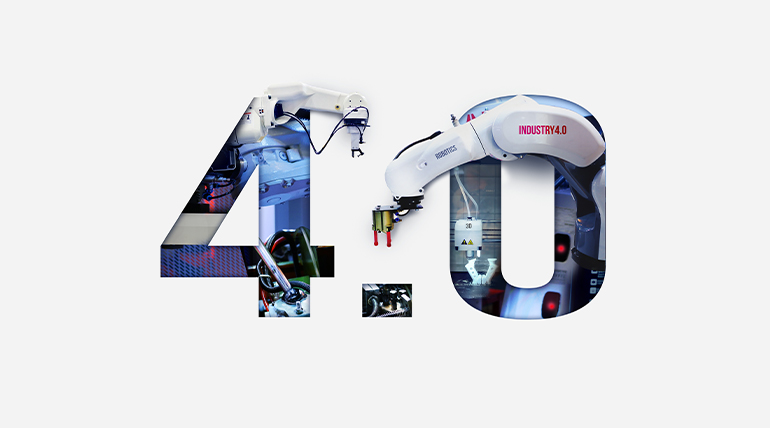In the annals of human history, transformative epochs have punctuated our evolution, each ushering in profound changes in the way we live, work, and interact. The 4th Industrial Revolution stands as a testament to our ceaseless quest for innovation, promising to reshape the very fabric of society. As we stand on the precipice of this technological frontier, it is imperative to understand its nuances, potentials, and the pivotal role we play in navigating this unprecedented era.
Defining the 4th Industrial Revolution:
The 4th Industrial Revolution is more than a technological paradigm shift; it represents a convergence of digital, physical, and biological realms. Characterized by breakthroughs in artificial intelligence, robotics, the Internet of Things (IoT), and biotechnology, this revolution is redefining how we produce, consume, and connect with the world.
The Digital Thread Weaving Through Industries:
At the heart of this revolution is the digital thread, seamlessly weaving through industries, transforming production processes, and amplifying the capabilities of businesses. From smart factories that optimize manufacturing to data-driven healthcare innovations, the digital thread catalyzes efficiency, innovation, and competitiveness across diverse sectors.
Implications for the Workforce:
As machines become smarter and automation becomes more prevalent, the landscape of the workforce undergoes a seismic shift. The 4th Industrial Revolution necessitates a paradigm shift in the skills required for the jobs of tomorrow. Emphasis on digital literacy, adaptability, and creativity becomes paramount, empowering individuals to not only coexist with machines but to leverage their potential.
The Rise of Smart Cities:
Cities are becoming intelligent ecosystems, utilizing data and connectivity to enhance the quality of life for residents. Smart cities leverage technology to optimize resource management, improve transportation systems, and enhance public services. The result is a more sustainable, efficient, and livable urban environment.
Ethical Considerations and Challenges:
Amidst the promises of progress, the 4th Industrial Revolution brings forth ethical considerations and challenges. From data privacy concerns to the potential impact on employment, society grapples with questions of equity, accountability, and the responsible use of technology. Navigating these challenges requires a concerted effort to establish ethical frameworks and regulatory mechanisms that safeguard the interests of all.
Individual Empowerment in a Connected World:
While the 4th Industrial Revolution is marked by technological prowess, its true potential lies in empowering individuals. The interconnectedness facilitated by the digital realm opens avenues for collaboration, knowledge-sharing, and grassroots innovation. It empowers individuals to be active contributors to the digital narrative, shaping the evolution of technology rather than being passive spectators.
In Conclusion:
The 4th Industrial Revolution is not a distant future; it is our present reality. As we stand at the nexus of unprecedented technological advancements, the choices we make individually and collectively will determine the trajectory of this revolution. Embracing the future entails fostering a collective mindset of innovation, ethical stewardship, and an unwavering commitment to harnessing technology for the betterment of humanity. Together, let us navigate this transformative era with curiosity, resilience, and a shared vision of a future where technology serves as a catalyst for inclusive progress.



It has survived not only five centuries, but also the leap into electronic typesetting simply fee text aunchanged. It was popularised in the sheets containing lorem ipsum is simply free text.